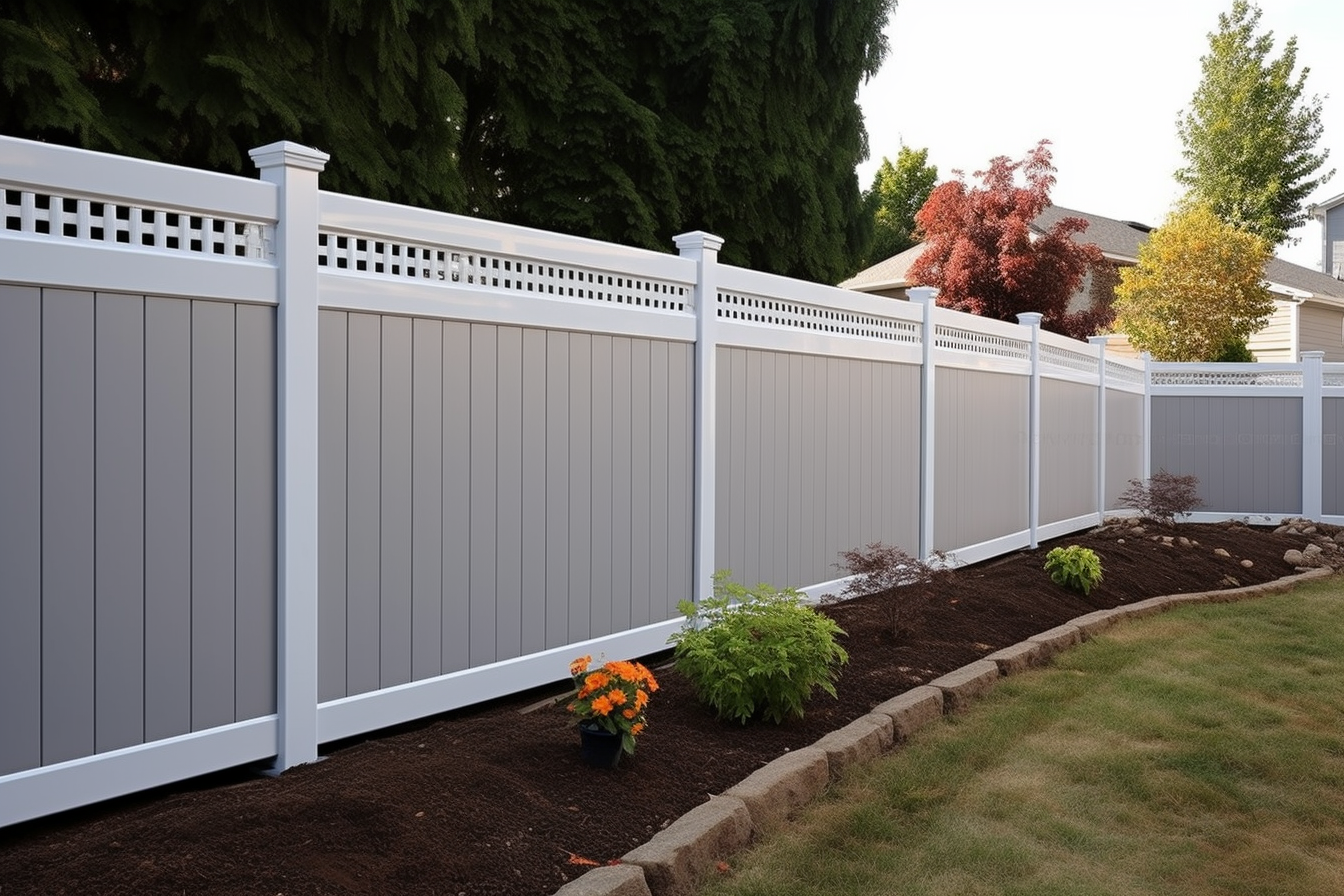Finding the Right Fence Company for Your Property Needs
Selecting the right fence company can make a significant difference in the appearance, security, and value of your property. Whether you need a privacy fence, a decorative garden enclosure, or a security barrier, professional fence installation ensures durability and proper functionality. With numerous options available in the market, understanding what to look for in a fence company helps you make an informed decision that meets your specific requirements and budget constraints.

How to Find a Quality Fence Company in Your Area
Finding a reputable fence company in your local area requires research and attention to detail. Start by asking neighbors and friends for recommendations, especially those with fences you admire. Online directories and review platforms like Google Business, Angie’s List, and HomeAdvisor can provide valuable insights into customer experiences. Look for companies with consistently positive reviews spanning several months or years, as this indicates reliable service quality. Local fence contractors typically offer advantages such as faster response times, familiarity with local building codes, and established relationships with material suppliers in your region.
What to Expect During Professional Fence Installation
Professional fence installation typically begins with a consultation where the contractor evaluates your property and discusses your needs and preferences. A reputable company will conduct property line verification, utility marking, and obtain necessary permits before beginning work. The installation process generally includes ground preparation, post installation, panel attachment, and final adjustments. Depending on the fence type and property size, installation can take anywhere from one to several days. Quality fence contractors use specialized equipment to ensure posts are properly aligned and set at the correct depth, resulting in a fence that remains sturdy for years to come.
Understanding Garden Fence Options and Materials
Garden fences serve multiple purposes, from defining boundaries to protecting plants from wildlife and enhancing landscaping aesthetics. Popular garden fence materials include wood, vinyl, aluminum, wrought iron, and bamboo. Each material offers distinct advantages - wood provides natural beauty and customization options; vinyl offers low maintenance and durability; aluminum combines lightweight strength with rust resistance; wrought iron creates elegant, secure boundaries; and bamboo delivers sustainable, natural screening. The right garden fence should complement your landscaping while meeting practical needs like pet containment, privacy, or decorative enhancement. Consider factors such as sunlight requirements for plants, accessibility for maintenance, and the visual harmony between your fence and garden elements.
How to Estimate Fence Installation Cost
Several factors influence the final cost of fence installation, making it essential to understand the pricing components. Material selection typically represents the most significant expense variable - vinyl and composite materials generally cost more upfront but require less maintenance over time than wood options. Labor costs vary based on installation complexity, terrain challenges, and regional wage differences. Additional cost factors include gate installation, removal of existing fences, permits, and special features like post caps or decorative elements.
| Fence Type | Average Cost Per Linear Foot | Average Cost for 150 Linear Feet |
|---|---|---|
| Chain Link | $10 - $20 | $1,500 - $3,000 |
| Wood Privacy | $15 - $30 | $2,250 - $4,500 |
| Vinyl | $20 - $40 | $3,000 - $6,000 |
| Aluminum | $25 - $45 | $3,750 - $6,750 |
| Wrought Iron | $30 - $55 | $4,500 - $8,250 |
Prices, rates, or cost estimates mentioned in this article are based on the latest available information but may change over time. Independent research is advised before making financial decisions.
Key Questions to Ask Before Hiring a Fence Installation Company
Before committing to a fence contractor, ask specific questions to ensure they’re the right fit for your project. Request proof of licensing, bonding, and insurance to protect yourself from liability. Inquire about written warranties covering both materials and workmanship - quality companies typically offer guarantees ranging from one to twenty years depending on fence type. Ask for a portfolio of completed projects similar to yours and contact references to verify satisfaction with the company’s work. Understanding their project timeline, payment schedule, and cleanup procedures provides clarity about what to expect. Finally, confirm whether the company handles permit acquisition and utility location services, as these are crucial preparation steps for proper fence installation.
Maintaining Your New Fence for Longevity
After installation, proper maintenance extends your fence’s lifespan and preserves its appearance. Different fence materials require specific maintenance approaches - wood fences need regular sealing or staining every 2-3 years, vinyl benefits from occasional cleaning with mild soap and water, and metal fences should be inspected for rust spots and touched up as needed. Regardless of material, check for loose fasteners, shifted posts, or damage after severe weather events. Keeping vegetation trimmed away from fence lines prevents moisture damage and discourages pest infestations. Most quality fence companies offer maintenance services or can provide detailed care instructions specific to your installation, helping protect your investment for many years.
Selecting the right fence company ultimately means finding professionals who deliver quality materials, expert installation, and reliable service at a reasonable price. By understanding the installation process, asking informed questions, and considering long-term maintenance needs, you can make a choice that enhances your property’s security and aesthetics for years to come.




